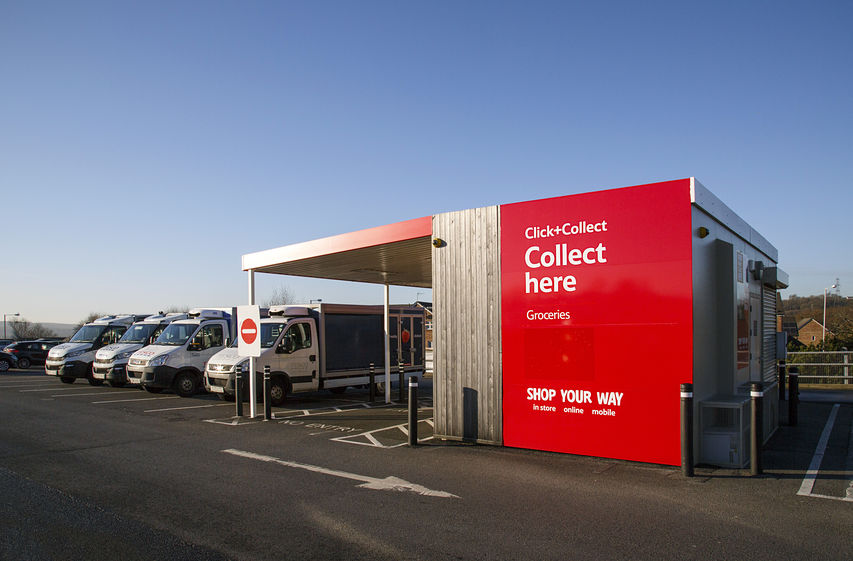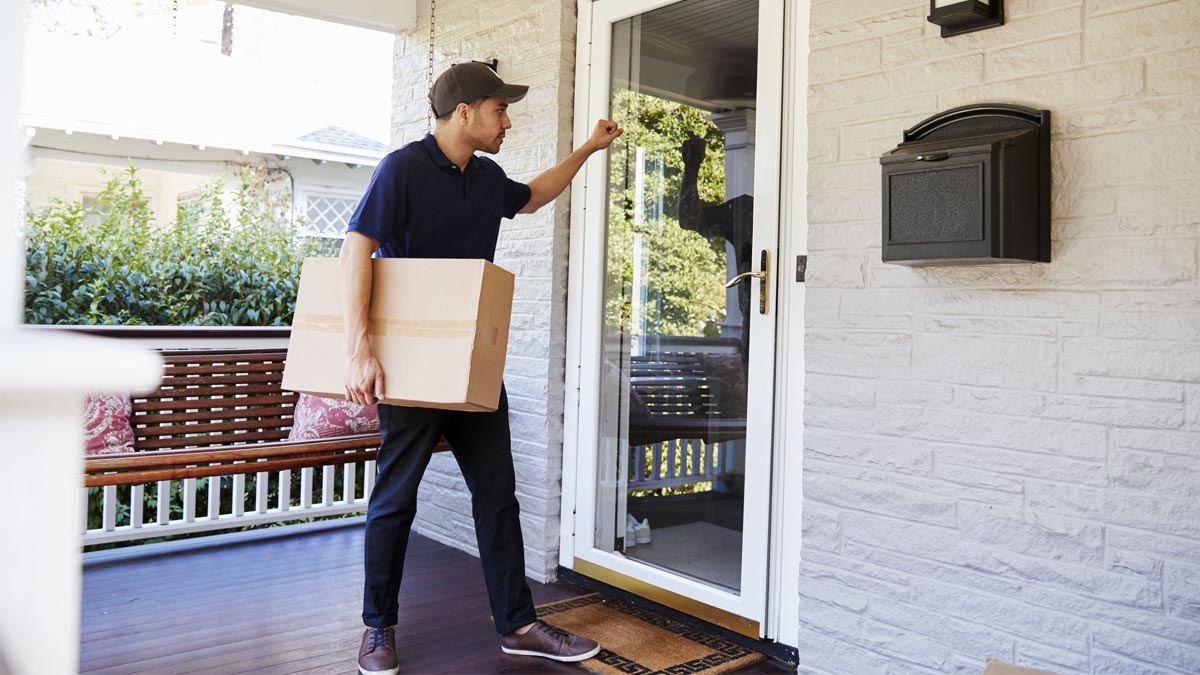The crisis unleashed by the global pandemic of the SARS-CoV-2 virus has caused a very volatile situation that has struck the retail sector. Because physical shops are closed and a significant deal of consumption has been seized by self-isolation and uncertainty, retail brands are facing an unprecedented situation that will require a quick and agile response adjusted to the period after coronavirus.
The ‘new normal’ that the retail sector is facing
E-commerce will become stronger as a sales channel
The social distancing measures have generated a transfer of the demand to online channels. If we take the first to suffer the coronavirus pandemic, the Chinese market, as a reference, we will see the sales in the retail sector dipped down 20.5% in the months of January and February, according to data from the National Bureau of Statistics of China. The online channel did not supply the global sales loss in the same period, but it did withstand the impact better and registered similar figures to those of 2019, according to Statista.
However, many e-commerce platforms also showed weaknesses when facing such an abrupt increase in demand, particularly in large consumption. Retailers have to focus their efforts into amending shortcomings that have become apparent, such as staff shortages, delays in package management or the desynchronisation between the web’s information and the available stock.
On the other hand, implementing omnichannel strategies will give new sense to the establishments, which will become more and more relevant in online order management. The Click&Collect and Click&Car formulas improve e-commerce profitability, since they make it easier for the user to obtain information or buy from the safety of their home, being also able to pick up the delivery in the closest shop and with minimal physical contact.

The retail shopping experience will be defined by technology more than ever
Designing an optimal online shopping experience was already a priority for many retailers, but now it has become vital. Tools such as online chats, customer service through social media or augmented reality apps make remote sales more dynamic and improve how users perceive the brand. In fact, the download and use of retailer apps during the lockdown has matched the levels registered during the 2019 Black Friday period, according to Poq.
Another point that will be crucial in a highly competitive environment is the search for comfort and the maximum customisation of the shopping experience. For instance, according to one of Nielsen’s surveys, four out of ten users are already subscribed online to automate the frequent purchases and a 36% are planning to use this type of services in the near future.
The communication of values takes a new spotlight in retail messages
In pivotal moments such as the present times, each business movement will have lasting consequences on how users perceive the brand. It is convenient, therefore, to look for closer contact with the customers by designing marketing strategies that have empathy as the driving force. As well as safety and hygiene, values such as sustainability, transparency (for instance, about the origin of the products) and efficient customer service will be the only factors to compete against the lure of lower prices in the period after the coronavirus pandemic.
Businesses in the retail sector need to rebuild their brand territories. This requires an in-depth analysis of which marketing strategies are going to be followed to attract clients, who will not be the same after the pandemic. The first move will very possibly be centred around offering promotions to send out the stock and get the sales going again, but it is essential to assess the impact this will have in margins and how the consumers will perceive the brand mid-long term.
Borja Pesquera, Managing Director at Labelium España
Data analysis, vital when acting in uncertain environments
Big data collection and usage techniques are already shaping the fight against coronavirus, as is shown in these initiatives Google has set in motion to support research. In the field of retail marketing, data analysis allows brands to operate with some assurances in changeable situations. For instance, thanks to the social listening techniques, it is possible to monitor user activity in social media to control the conversation surrounding the brand, but also to identify shopping patterns that could lead to business opportunities.
The challenge of planning strategies for an unknown situation
The coronavirus crisis has created a very complex scenario for the retail sector. In changeable circumstances such as the current ones, retailers are compelled to continuously rethink their business and marketing strategies using planning that is no longer linear and stationary, but periodical and flexible.
Initial ignorance must give way to research, finding answers to face the crisis, a recovery strategy and, lastly, an analysis of the whole situation, to be used as a learning tool. The true challenge posed by this process is the speed at which it needs to be designed and executed.







